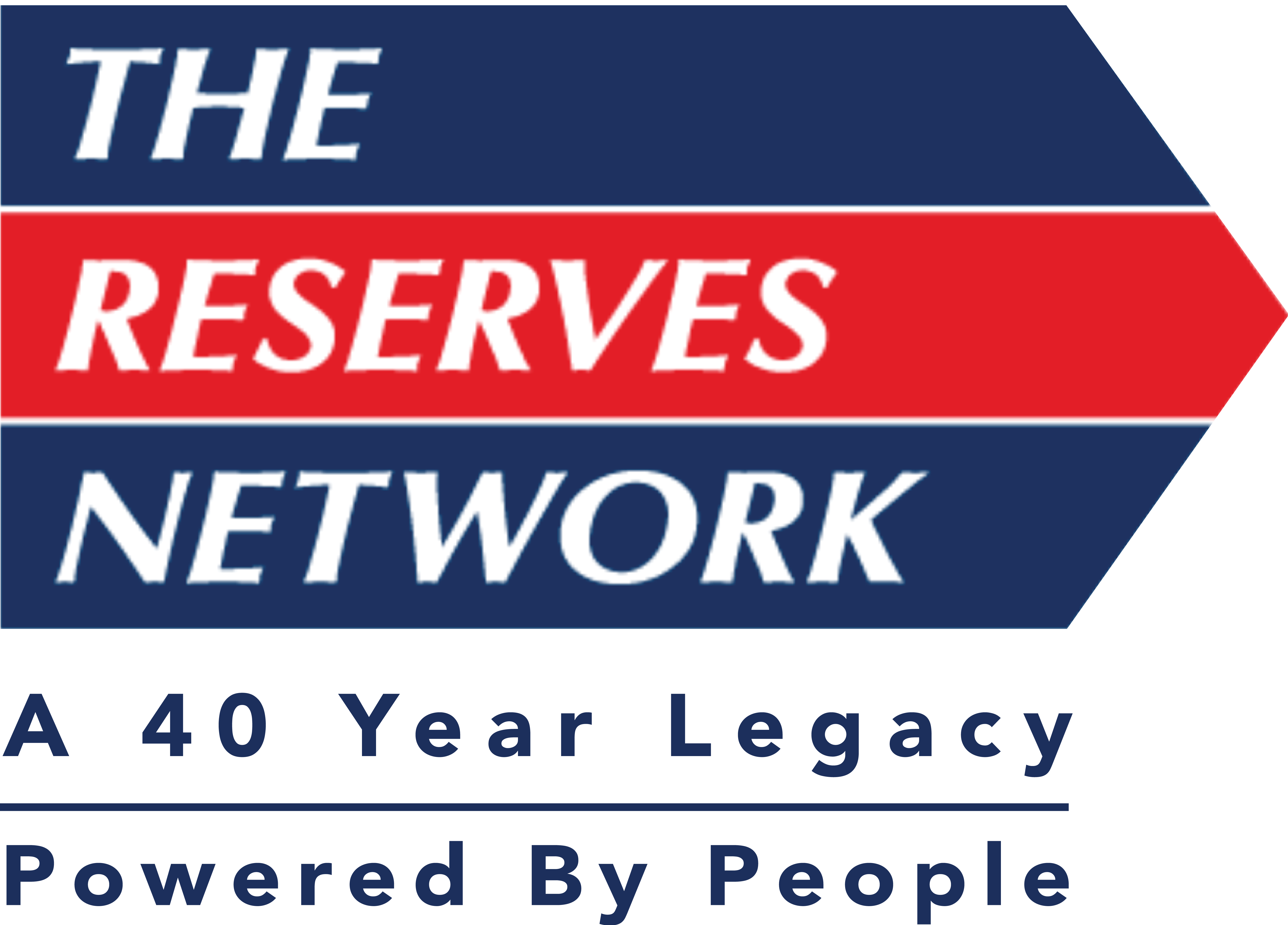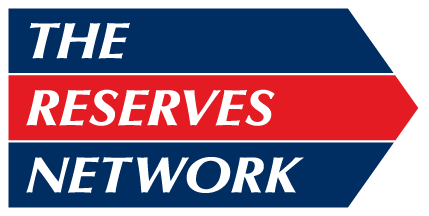Why Storytelling Matters in Your Interview
Here’s the thing about job interviews: while it’s obviously important to have the skills and experience to be considered for the job, you also want to succeed at building rapport with the interviewer.
One of the best ways to do that is by weaving a story that will help the hiring manager connect the dots between your personality, attitude, principles and credentials.
“Your story humanizes you,” said Leisa Stallard, director of operations at The Reserves Network. “It helps the interviewer or recruiter understand what makes you tick.”
-
Lead With the Punch Line
The punch line in this context is not a joke, but rather the takeaway from a certain experience or situation you had previously encountered. The key here is not to save this for the end of your story.
For example, if the interviewer asks about your experience leading a team, don’t launch into a story and save the takeaway for the last part – that’s only going to make the interviewer impatient. Instead, start with a specific anecdote, something like, “I led a sales team that exceeded our annual revenue target by 25 percent.”
-
Provide Context
After leading with your punch line, go into the specific details of your experience to provide context to the story. Did you encounter adversity? Were the odds stacked against you? What difficulties did you face? These are just some of the questions your story should answer.
Use these angles to set up your story:
- Your progress is derailed by an unexpected problem.
- You brainstormed and tested solutions until you found the right one.
- Your chances of success were low, but you overcame them anyway.
-
Describe Your Course of Action
Every story has a protagonist and antagonist. The latter doesn’t have to be a person: it can be a challenge, a problem or a target. To make your story compelling, go into the specifics of how you slew your personal dragon.
- What exactly was the problem?
- What specific steps did you take to solve the problem?
- What allowed you to overcome the problem?
Illustrate how your skills and qualifications came into play when solving your problem. This needs to form the bulk of your story, so don’t be afraid to go into detail.
-
Wrap Things up With Results
Now that you’ve explained the problem and how you used your skills and resources to overcome it, wrap things up by describing the impact of your actions. If your story doesn’t quite have a happy ending, mention what lessons you learned from the whole experience.
For more job search tips and insights, be sure to follow this blog. If you need further assistance on your job hunt, let the staffing solutions providers of The Reserves Network help. Call our offices to learn more about our staffing services.



